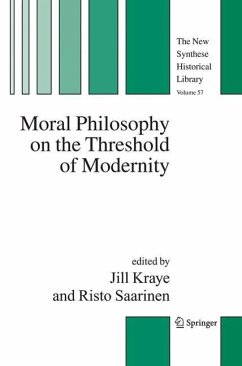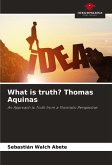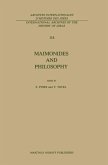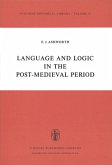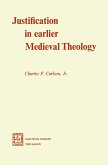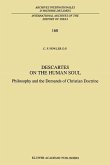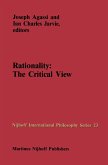Over the past twenty years the transition from the late Middle Ages to the early modern era has received increasing attention from experts in the history of philosophy. In part, this new interest arises from claims, made in literature aimed at a less specialist readership, that this transition was responsible for the subsequent philosophical and theological problems of the Enlightenment. Philosophers like Alasdair MacIntyre and theologians like John Milbank display a certain nostalgia for the medieval synthesis of Thomas Aquinas and, consequently, evaluate the period from 1300 to 1700 in rather negative terms. Other historians of philosophy writing for the general public, such as Charles Taylor, take a more positive view of the Reformation but nevertheless conclude that modernity has been shaped by 1 conflicts which stem from early modern times. Ethics and moral thought occupy a central place in these theories. It is assumed that we have lost something - the concept of virtue, for instance, or the source of common morality. Yet those who put forward such notions do not treat the history of ethics in detail. From the historian's perspective, their far-reaching theoretical assumptions are based on a quite small body of textual evidence. In reality, there was a rich variety of approaches to moral thinking and ethical theories during the period from 1400 to 1600.
From the reviews: "This is a collection of fifteen essays ... on Early Modern Thought. The editors intend the volume to reflect current, historical and philosophical scholarship about the moral thought of the fifteenth and sixteenth centuries. ... The topic of rights connects these essays ... and they provide a fascinating background to the role of individual rights in modern thought. This is important reading for anyone interested in rights and well worth the acquisition of this volume." (Douglas Langston, Journal of the History of Philosophy, Vol. 44 (3), 2006)

